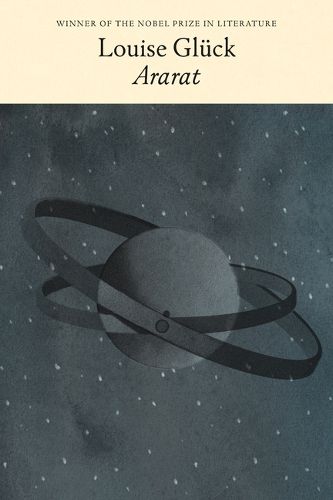Readings Newsletter
Become a Readings Member to make your shopping experience even easier.
Sign in or sign up for free!
You’re not far away from qualifying for FREE standard shipping within Australia
You’ve qualified for FREE standard shipping within Australia
The cart is loading…






A new edition of the Nobel laureate's searing sixth collection of poetry, about "the myth of a happy family" (The New York Review of Books).
Louise Glueck, the winner of the 2020 Nobel Prize in Literature, was an era-defining poet, one who was innovative, brave, and wholly individual. Her work has left an indelible mark on the literature of our nation and of the world. As Dan Chiasson wrote in The New Yorker, "This voice is not going to go away."
Ararat, the great poet's sixth collection of poetry, was originally published in 1992. Now, in this new edition, the impact of the work is felt anew. Glueck created a ruthlessly probing family portrait, and these poems confront, with devastating irony, the difficulties and intricacies of a daughter's relationship to her father and mother. The result is a "blinding and subtle" collection in which "the wonder comes silently, quick as an electric shock from a broken cord; we hardly know what's hit us."
$9.00 standard shipping within Australia
FREE standard shipping within Australia for orders over $100.00
Express & International shipping calculated at checkout
A new edition of the Nobel laureate's searing sixth collection of poetry, about "the myth of a happy family" (The New York Review of Books).
Louise Glueck, the winner of the 2020 Nobel Prize in Literature, was an era-defining poet, one who was innovative, brave, and wholly individual. Her work has left an indelible mark on the literature of our nation and of the world. As Dan Chiasson wrote in The New Yorker, "This voice is not going to go away."
Ararat, the great poet's sixth collection of poetry, was originally published in 1992. Now, in this new edition, the impact of the work is felt anew. Glueck created a ruthlessly probing family portrait, and these poems confront, with devastating irony, the difficulties and intricacies of a daughter's relationship to her father and mother. The result is a "blinding and subtle" collection in which "the wonder comes silently, quick as an electric shock from a broken cord; we hardly know what's hit us."